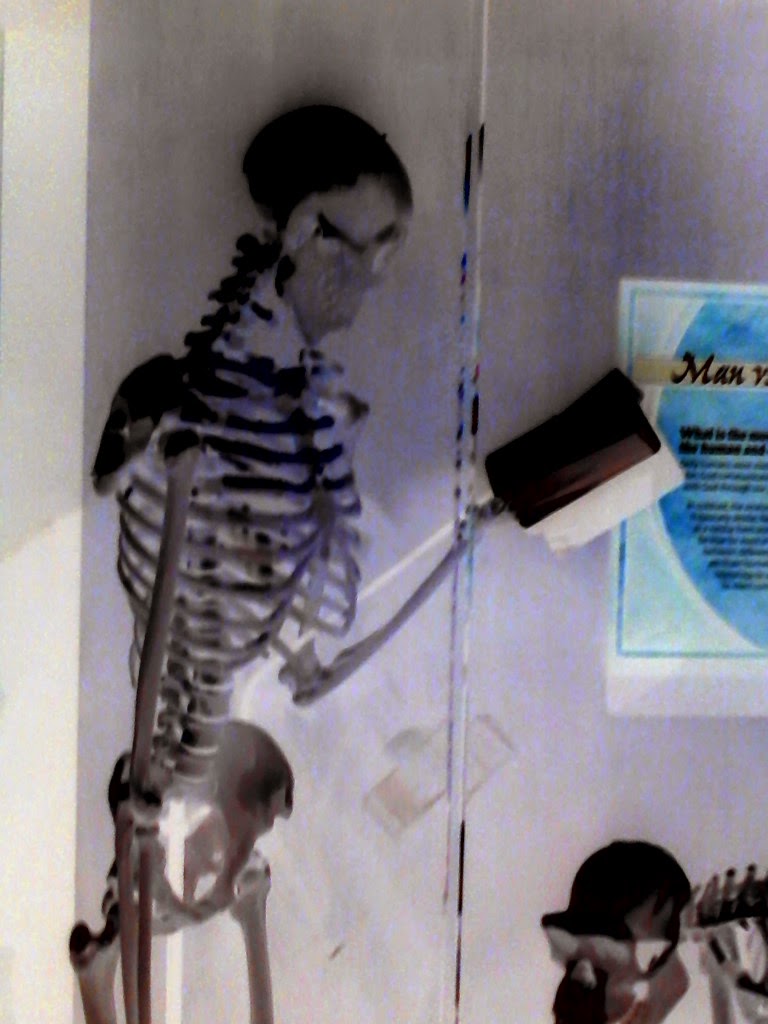Bridge on Danube River What is the fellowship of His sufferings? “Something undergone;” and “that which befalls one,” are two ideas for the concept of “suffering.” Obviously a passive occurrence as opposed to active, folks are receivers of suffering, unwanted. “Fellowship” refers to a shared thing. In a sense, Christ shares His victim-hood with us? We share our wounded-hood with Him. We must taste being preyed upon to have this fellowship? — All of the above. “Paul had serious suffering, but as he felt it was to make him a better workman, and so for the good of others, he was content to share it with his Lord. And here we must observe that “sympathy” is the closest fellowship between souls. What is this sympathy? It is fellowship in suffering; it is in distress, in fiery trial, that hearts come nearest to one another.” “The Hebrew children never knew such fellowship in Babylon…
Category: <span>Suffering</span>
It’s about the people. It’s about those faces; humble, hungry, hoping, honest. To be happiness for them, make them smile, somehow fulfill; this is all. We listen, we see their hearts. Having touched the Christ, they crave more. Clearer, greater, a basket without bottom is God new-found. You and me and them; we are all conduits of joy, gardens of flower, trees of apple and pear, apricot and lemon. It flashes through us, we bathe necks, waves come belly-basket, a bale of wheat. We dine at sacred table, the foe watches; he cannot mess. Love shields, we are whole, and in finger-less embrace the souls hug. They broaden love, they widen freedom, they coat the multitude; they mask all defamation. The broken heart finds bond, mended souls synchronize, blazing passions quell, devil-fright vanquishes; I am now Him; He is now us. His is in heaven and so to me; sorrow,…
“A girl came home to discover that her mother wasn’t there. Her mom was already in a column marching toward the Umschlagplatz. She ran after the column alone, from Leszno street to Stavki Street. Her fiancé gave her a lift in his riska so that she could catch up, and she made it. At the last minute she managed to merge into the crowd so as to be able to get on the train with her mother. (The train, of course, was one of those whose passengers never returned to their point of departure.)” This story, told by Tzuetan Todorov in “Facing the Extreme” is a heartbreaking one of “ordinary virtue” but stirs the heart maybe more than stories of national heroism. This is a tale of tender caring for the sake of another human being. In this occurrence a daughter and mother cleave to each other and face an…
“Like as a father pitieth* his children, so the Lord pitieth them that fear him. For He knoweth our frame; he remembereth that we are dust.” Psalm 103:13-14 (*to love, love deeply, have mercy, be compassionate, have tender affection, have compassion.) God pities us. Do you know Him that way? If so, it might change a lot of things. Mom and dad taught us “don’t be a complainer, don’t whine about everything.” I understand why. God differently says, “come to me, you will find pity.” Father knows we are made of dust. Have you failed a lot lately? Be honest with Him. Is it because your circumstances are unbearable? Don’t make excuses for sin, but please tell Him all about everything. We must endure much on this earth, but sometimes our rear ends are getting kicked and we are not making it. Tell your Father in Heaven; He pities you…
The core experiences of psychological trauma are disempowerment and disconnection from others. Judith Lewis Herman One afternoon my sister fell down the cemented steps, gashing her head. Blood was everywhere and she needed stitches. Her reaction was with wailing, screaming tears and frantic gestures. We were little kids. I remember that she had to be rushed to the hospital, I didn’t go. When she came back she was more subdued and seemed ok. We never talked about it after; only once or twice till this day we discussed it. Boo-boo’s were a way of life back then, and Mom and Dad discouraged some big display. Without consulting sis presently, it seemed she just moved on and maintained normal. The event didn’t damage sis internally, I don’t think, though she interpreted it fearfully in her soul for a few weeks I’m sure. According to my memory, she moved away from it…
I watched two moms, one my own, the other my wife. A third would be my wife’s mom. All these have a common thing – close ties with their offspring. The children love mom not because she is perfect or even for her giving, but this – she is always in their corner, no matter what. Moms forgive their children — at least the ones I have known. They so never lose hope that their son or daughter will be great or at least be OK. They pray for the kids and worry. Most worry is sin, but not for moms; it becomes sanctified worry. The kids know about this worry and it guides, even restrains them away from certain paths of sure destruction. In order for a kid to go wild he has to find a way around his mom. He has to disregard her. No matter, mom will visit sons in county jail, or…
Peter was acquainted with suffering in a few categories; one sort was “reproach.” He speaks of the particulars in his first epistle, chapter 4. In verse 14 we read, “If ye be reproached (defamed) for the name of Christ, happy (extremely blessed) are ye; for the spirit of glory and of God resteth (continues to repose), upon you. Alford says, “There being nothing so much as breaks noble minds.” He is referring to reprimand of character. Peter was a character and a strong-willed one. He was boisterous and proud. As pride precedes a fall, Peter demonstrated this principle by his walk-on-water spill, his rebuke by Jesus in Matthew 16, and eventually by his three-time denial. Unbeknownst to Peter, beforehand was God’s mighty hand of resistance. Why? Because private reputation retention is not popular with; well, it’s hated by The Father in heaven, is why. Nevertheless, years later Peter writes epistles as…
When a loved one dies, immediately impressed upon the survivors are many things. awakened is the sense that life can be interrupted abruptly . the awakening of a higher truth is divulged. awakened to resentment at the crassness of people’s handling of your loved one’s passing. More than just superficially acknowledged, these new awakenings are circulated in the collection of soul depth. In every man exists a repository for the efficient operation of simple believing. Impulse, impression, and projection are ideas associated with this place. Things are conceived here and thoughts take on form from what is in there. This area of the brain operates involuntarily and has no moral filters. It can be called “unconscious.” Notion, perception, conception, modeling and theory work here. They fight to exist as one hypothesis may contradict another. What dominates in this belief emporium are those concepts that combine to form a system, a harmony, a…
Church in Hungary “Knowing this, that our old man is crucified with Christ that the body of sin might be destroyed, that henceforth we should not serve sin.” Is this the cross of your life or some other? If this one frames us, we know with the mind a once and forever done-by-another-for-me deal, (perfect passive indicative tense). The present tense “knowing” practically effects the destroying of the “The body of which sin has taken possession.” All of it enables me to not be a slave to sin. Jamison, Faucet, and Brown cite our new relationship with Christ and says: “The apostle now grows more definite and vivid in expressing the sin-destroying effectiveness of our union with the crucified Savior.” So that “all that we were in our old unregenerate condition, before union with Christ,” “was” crucified with Him. Henceforth, we are not in bondage to sin. So, we have…
Taken at creation museum in Kentucky “Hope happens when a person who has none gets some.” “Some what?” “Well, I figure that the firm impression leading them to believe that they will get some is the ‘some,’ for now, giving them hope.” “Oh?” “Well, more than a feeling, they have some kind of promissory indication.” “That helps, but who is doing the promising? Are they trustworthy?” “Must be, or no hope happens.” “Are they able?” “They must be that too.” “Can a random event mess up the promise, even though a person is true and strong?” “I guess.” “I suppose we need a promise from one who is faithful, powerful and above all circumstances to bring hope.” “Like God?” “Yes, it must be God. Hope-giving phenomena relates to the helmet of salvation in Ephesians 6, but also to the helmet of the “hope of salvation” in Thessalonians 5:8. Martin Lloyd-Jones…









